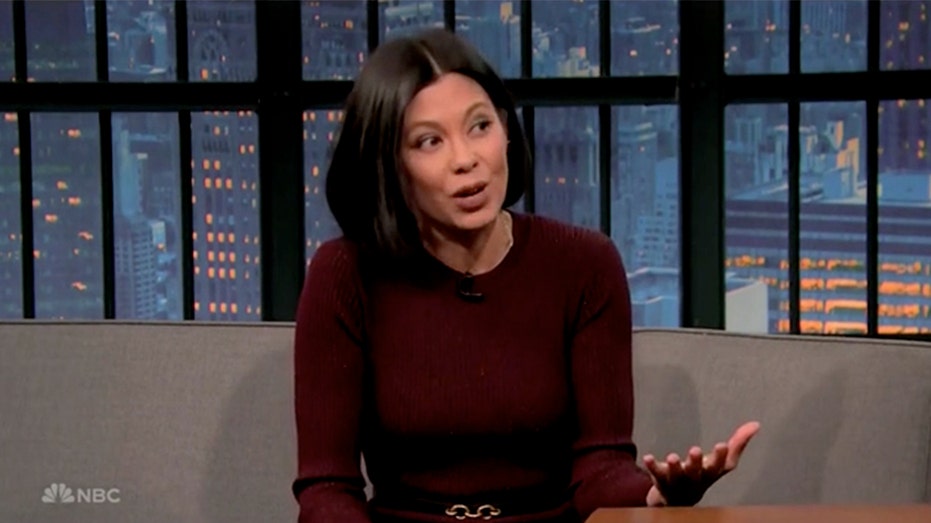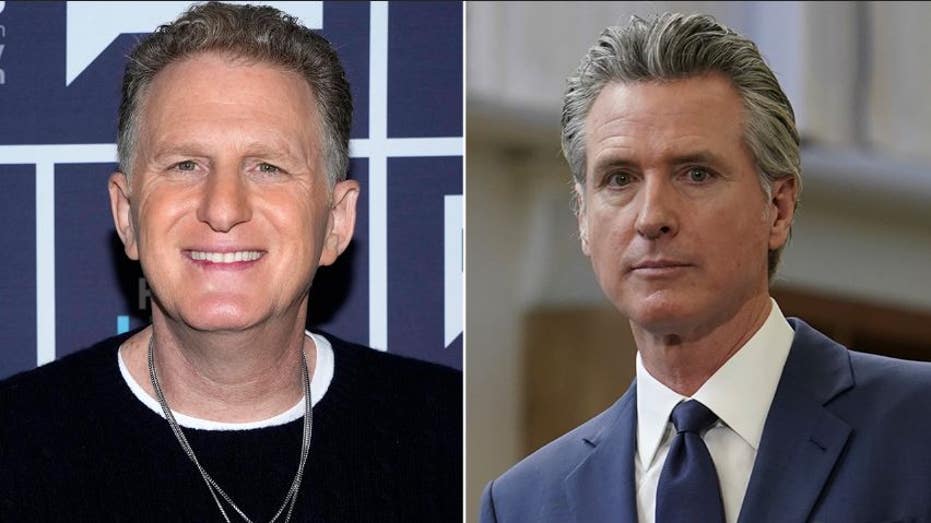Living longer doesn’t always mean living healthier.That’s according to a study published in JAMA Network Open, which found a “widening gap between lifespan and healthspan” among 183 countries.In 2019, there was a “healthspan-lifespan gap” of 9.6 years globally, a 13% increase from 8.5 years in 2019, Mayo Clinic researchers found.’I’M A DOCTOR — HERE’S THE WELLNESS ROUTINE I FOLLOW FOR A LONGER, HEALTHIER LIFE’That gap was largest in the U.S., as Americans live in poor health for an average of 12.4 years, compared to 10.9 years in 2000.The U.S. also reported the “highest burden of chronic disease,” the researchers noted, primarily due to mental illness, substance use disorders and musculoskeletal conditions.The researchers analyzed data from the WHO Global Health Observatory, which included statistics on life expectancy, health-adjusted life expectancy and years lived with disease for each member country.TRUMP’S STAMINA AT AGE 78 IMPRESSES THE EXPERTS: ‘MENTAL AND PHYSICAL RESILIENCE’Lead study author Dr. Andre Terzic, the Marriott family professor of cardiovascular research at Mayo Clinic, calls the healthspan-lifespan gap a “universal threat to healthy longevity.””Advances in longevity are a major milestone for humankind — gains in life expectancy, however, have not been matched with an equivalent expansion in healthy longevity,” he told Fox News Digital. There was also a gender gap, with women experiencing more years in poor health than men.”Worldwide, women live longer than men, but exhibit a 2.4-year-wider healthspan-lifespan gap,” said Terzic. “In the U.S., women had a higher non-communicable disease burden, with a particularly pronounced contribution from musculoskeletal, genitourinary and neurological diseases.”The study findings point to the need for an “accelerated pivot to proactive, wellness-centric care systems,” according to Terzic.”Further study is needed to identify demographic, economic and health drivers of the healthspan-lifespan gap.”The research was funded by the Marriott Family Foundation, National Institutes of Health and National Institute of General Medical Sciences.Grant Antoine, a naturopathic doctor and clinical lead at Viome, a health care testing company in Bellevue, Washington, said there are a number of factors that have widened the healthspan-lifespan gap in the U.S.CLICK HERE TO SIGN UP FOR OUR HEALTH NEWSLETTER”While medical advancements have extended life expectancy, they haven’t addressed the root causes of poor health, such as diet, chronic stress, sedentary lifestyles and preventable diseases,” he told Fox News Digital. “These issues are compounded by the fact that there is no one answer to eating healthy.”Some of the key factors contributing to aging and reduced healthspan include poor nutrition, imbalanced gut health and chronic inflammation, according to Antoine. “To close the healthspan-lifespan gap in the U.S., we need to prioritize personalized, science-backed nutrition that’s based on each individual’s biology rather than a one-size-fits-all diet,” he recommended. For more Health articles, visit www.foxnews.com/health”There is no universally healthy diet or supplement. Personalized nutrition is a key to ensuring that people live healthier longer.”






